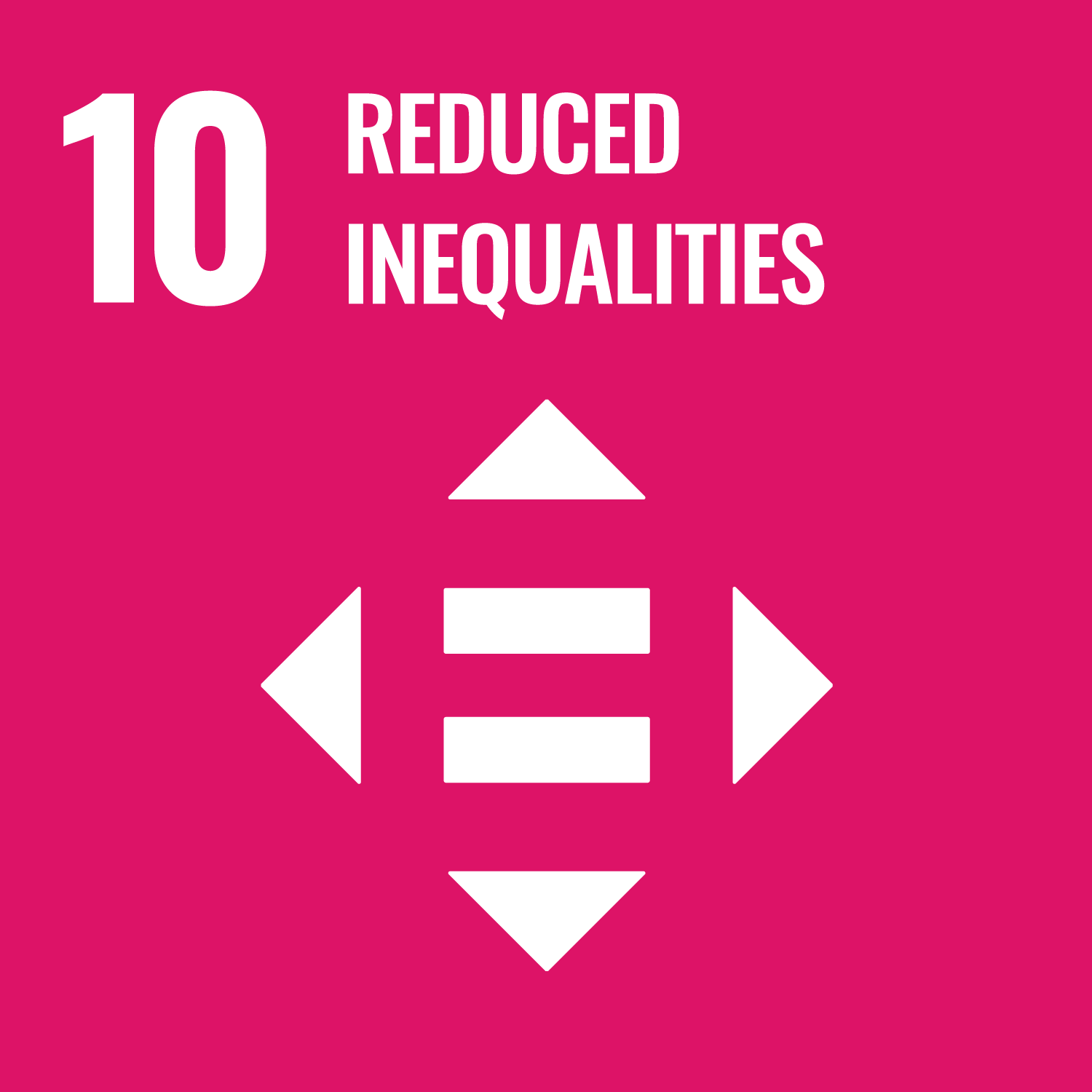Masood, Y. orcid.org/0000-0002-0903-6945, Alvarez Nishio, A. orcid.org/0000-0001-9841-5682, Starling, B. orcid.org/0000-0001-9981-5637 et al. (5 more authors) (2024) Series: Public engagement with research. Part 2: GPs and primary care researchers working inclusively with minoritised communities in health research to help address inequalities. European Journal of General Practice, 30 (1). 2322996. ISSN: 1381-4788
Abstract
Public engagement in health research is vital for addressing health disparities and promoting inclusivity among minoritised communities who often face barriers to accessing healthcare. Minoritised communities are groups, which have been made minorities by a dominant culture, race, ethnic group and/or social class and may experience health inequalities as a result. By incorporating diverse perspectives and lived experiences of minoritised communities, this approach aims to achieve contextually relevant research outcomes that reduce health inequalities and improve overall well-being. However, underrepresentation and lack of inclusivity challenges persist, necessitating the establishment of inclusive partnerships and grassroots participatory methodologies. To foster inclusive public engagement, it is important to overcome structural and cultural barriers, address socioeconomic challenges, and build trust with minoritised communities. This can be achieved by promoting a cultural shift that values inclusivity, providing comprehensive training to researchers, and collecting rigorous data on engagement demographics for transparency and accountability. Involving minoritised communities in decision-making through participatory research approaches enhances trust and yields successful outcomes. Additionally, allocating sufficient resources, collaborating in co-production, and prioritising the diverse needs and perspectives of stakeholders contribute to fostering inclusive public engagement in research. Overall, inclusive engagement practices particularly in primary care research have the potential to reduce health inequalities and cater to the unique requirements of minoritised communities, thereby creating more impactful outcomes and promoting equitable healthcare access.
Metadata
| Item Type: | Article |
|---|---|
| Authors/Creators: |
|
| Copyright, Publisher and Additional Information: | © 2024 The Author(s). Published by Informa UK Limited, trading as Taylor & Francis Group. This is an Open Access article distributed under the terms of the Creative Commons Attribution License (http://creativecommons.org/licenses/by/4.0/), which permits unrestricted use, distribution, and reproduction in any medium, provided the original work is properly cited. The terms on which this article has been published allow the posting of the Accepted Manuscript in a repository by the author(s) or with their consent. |
| Keywords: | Public engagement; health inequalities; minoritised communities; primary care; Humans; Social Class; Primary Health Care |
| Dates: |
|
| Institution: | The University of Sheffield |
| Academic Units: | The University of Sheffield > Faculty of Medicine, Dentistry and Health (Sheffield) > School of Medicine and Population Health |
| Date Deposited: | 18 Jun 2024 10:44 |
| Last Modified: | 22 Dec 2025 08:43 |
| Status: | Published |
| Publisher: | Taylor & Francis |
| Refereed: | Yes |
| Identification Number: | 10.1080/13814788.2024.2322996 |
| Related URLs: | |
| Sustainable Development Goals: | |
| Open Archives Initiative ID (OAI ID): | oai:eprints.whiterose.ac.uk:213413 |


 CORE (COnnecting REpositories)
CORE (COnnecting REpositories) CORE (COnnecting REpositories)
CORE (COnnecting REpositories)